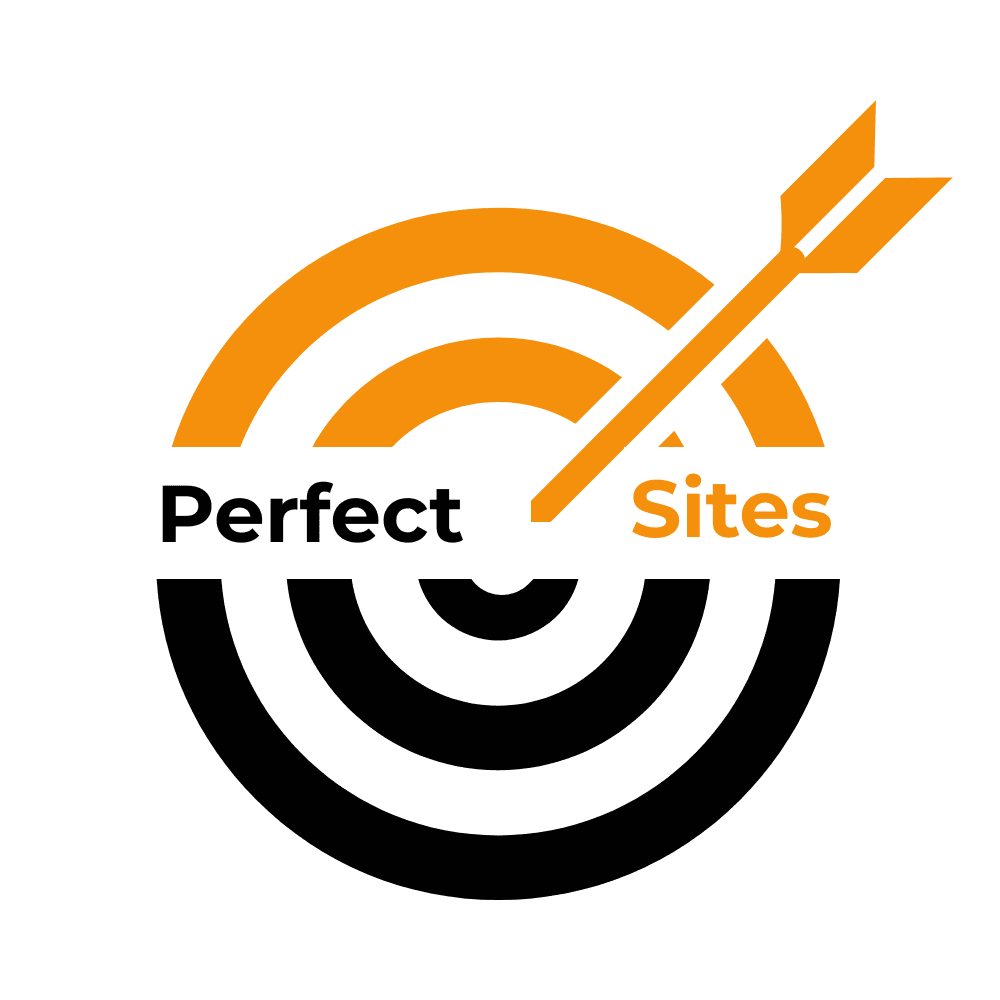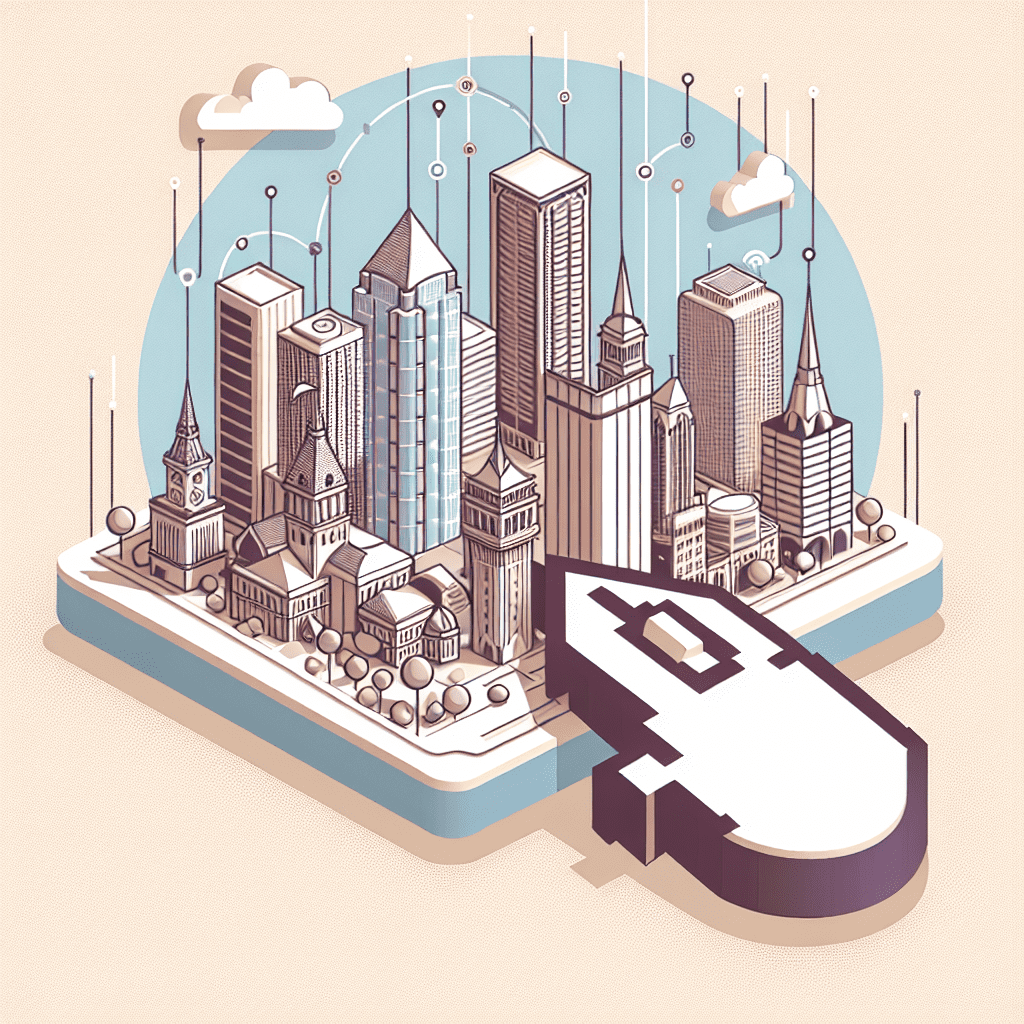Orlando’s a strange beast. It’s the city where you can go from a tech startup pitch to a rollercoaster loop in the same afternoon. And if you run a business here, you’re not just competing with other shops down the street; you’re up against mouse ears, margaritas, and 74 million visitors looking for something to do between park-hopping and poolside naps. So, how do you get people—locals, tourists, and the occasional conference-goer—to land on your site instead of someone else’s? Let’s talk about that.
Start with Local SEO, Orlando-style
Google doesn’t care how clever your website is if it doesn’t know where you are. And in Orlando, location matters. The algorithm weighs proximity and relevance, which means you need to make your site scream “Orlando” louder than a theme park parade.
Start with your Google Business Profile. Claim it. Fill it out like your sales depend on it, because they do. Add real photos, double-check your Name, Address, and Phone (NAP), and define your service area. Then, sprinkle Orlando-specific keywords across your site: in your metadata, headers, and image alt text. Think “Orlando family law attorney,” not just “law firm.”
Next, build citations. Yelp, TripAdvisor, YellowPages, and VisitOrlando.com are solid places to start. These listings help Google connect the dots. And don’t sleep on reviews. A few glowing ones on Google or Facebook can nudge you into the local pack, where the real clicks happen.
Speak Orlando’s Language Through Content
If your content could be from anywhere, it won’t rank anywhere; that’s just how it works. Local content doesn’t just help with SEO—it builds trust. People want to know you’re part of their world, not just parachuting in with a sales pitch.
So write about Orlando. Cover local events, talk about neighborhood trends, or highlight seasonal favorites. A blog post like “Top 10 Things to Do in Orlando This Summer” isn’t just clickbait; it’s a magnet for both tourists and locals planning their weekends.
Partner with local voices. Guest post on Orlando Weekly, team up with Bungalower, or collaborate with influencers who actually live here and know the difference between Lake Eola and Lake Nona. And while you’re at it, use schema markup to tag your content with local business data. You’re not just writing about Orlando; you’re part of it.
Put Your Money Where the ZIP Codes Are
Sometimes you need traffic now, not six months from now. That’s where paid ads come in. But don’t just throw money at Google or Meta and hope for the best; target smart.
Use Google Ads with location extensions and radius targeting. Focus on Orlando ZIPs like 32801, 32803, and 32819. These aren’t just numbers; they’re neighborhoods with distinct
personalities. Winter Park isn’t the same as Lake Buena Vista, and your ads should reflect that.
On Facebook and Instagram, get even more granular. Target people by interests and neighborhoods. Run ads during big events like MegaCon or the Epcot Food & Wine Festival. Tourists are scrolling while waiting in line; catch them there.
Tourists Are Customers Too
Orlando pulls in more visitors than any other U.S. city. That’s not just a fun fact; it’s a business opportunity. These folks are hungry, bored, and ready to spend money. You just need to show up where they are.
Partner with hotels, tour operators, or local attractions. Get your business listed in-room, on concierge pages, or on their websites. Run geo-fencing ads around Disney, Universal, or the Convention Center. If someone’s within 500 feet of a churro stand, they’re probably open to suggestions.
Tailor landing pages to specific tourist needs. “Best Vegan Restaurants Near Disney” is more helpful than “Our Menu.” Think like a visitor who’s Googling from their hotel bed at 9 p.m.
Source: Visit Orlando Press Release
Backlinks: The Local Kind
Google sees backlinks like votes. And votes from local, reputable sites? Those carry weight. So get involved.
Sponsor a community event or a youth sports team. Not just for goodwill; those sponsorships usually come with a link back to your site. Get listed on Chamber of Commerce pages or local business directories. And pitch stories to Orlando media about your milestones, community work, or anything remotely newsworthy. If you’ve got a good angle, someone will bite.
This isn’t just about SEO; it’s about showing up in the places your customers already trust.
Source: Ahrefs Local Link Building Guide
Speed and Mobile: Non-Negotiables
Orlando’s a mobile-first town. People are looking you up while walking through CityWalk or waiting for a Lyft. If your site takes forever to load or looks like it’s from 2009, they’re gone.
Use tools like Google PageSpeed Insights or GTmetrix to find out what’s dragging you down. Compress images, enable caching, and use a CDN if you’re serving a lot of traffic. And for the love of usability, make your mobile site easy to navigate. Big buttons. Clear menus. No weird pop-ups that block the whole screen.
Local Email and SMS Still Work, If You Use Them
Right
Email and SMS aren’t dead; they’re just misused. When you localize them, they still pack a punch.
Segment your list by geography. Send Orlando-specific promos, event invites, or weather-based nudges. If it’s 95 degrees and raining (so, most of July), maybe that’s a good time to push indoor activities or delivery specials.
With SMS, timing is everything. Send alerts during high foot traffic hours or when someone’s near your store. Keep it short, useful, and relevant. Nobody wants a novel in their text inbox.
Source: Campaign Monitor Guide
Final Thought: It’s About the Right Traffic
You can build reach without trust; but it won’t last. Orlando’s market is layered—locals, tourists, business travelers, students, snowbirds. Each group searches differently, clicks differently, and buys differently.
So tailor your strategy. Speak their language. Show up where they are. And make sure your digital presence feels like it belongs in this city, not just floating above it.
That’s the view from the ground.
We’ll be back soon with more real-world insights.
Until then, keep building.
– Perfect Sites Blog

